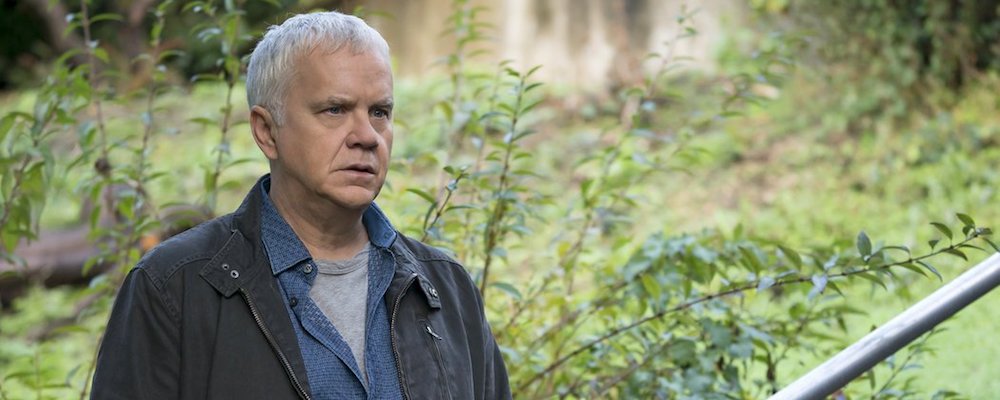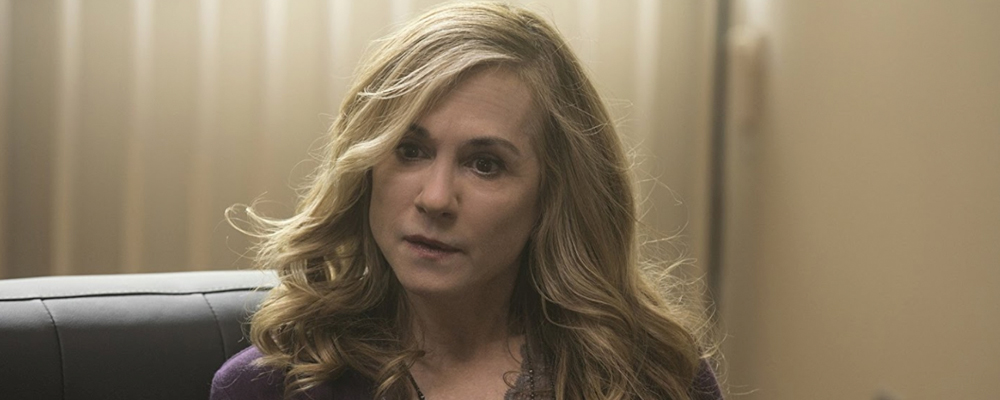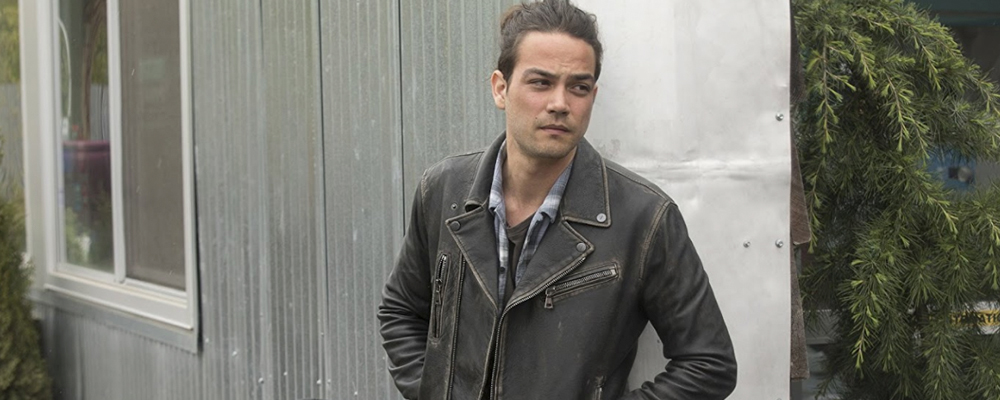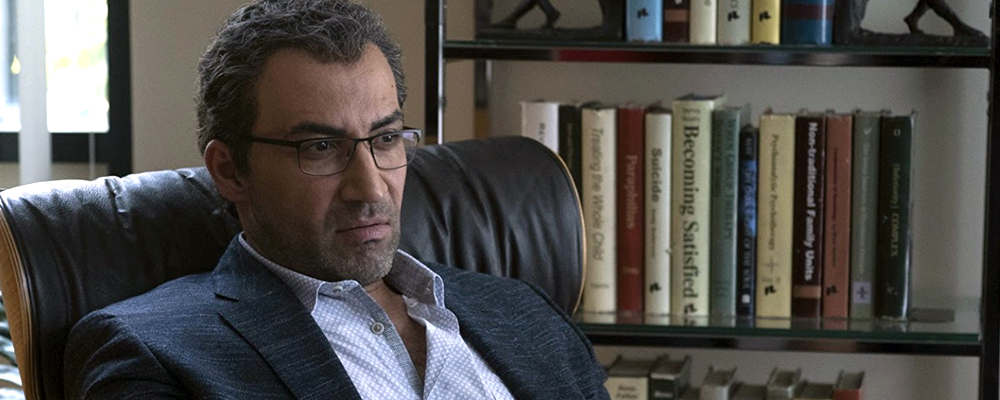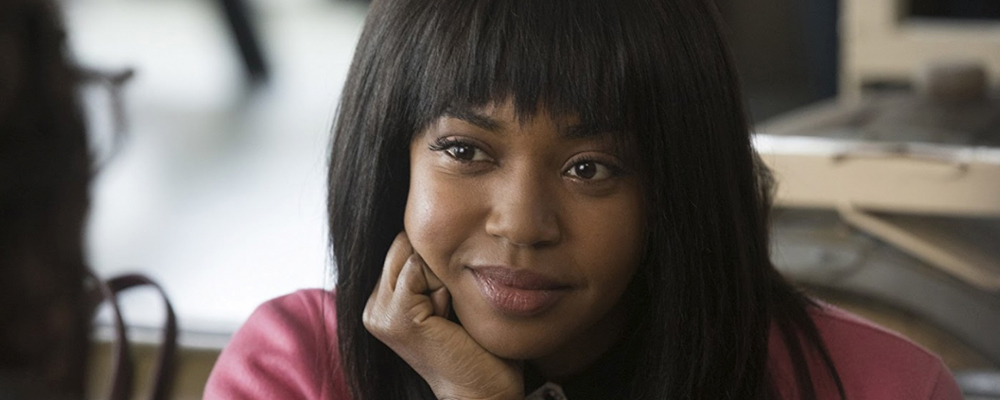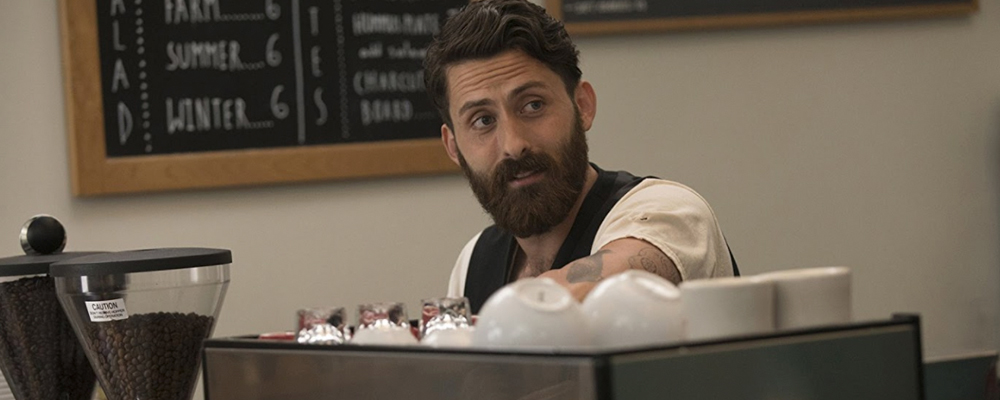Fiery Visions and Middle Class Issues Close First Season of ‘Here and Now’
Alci Rengifo
So what exactly has Alan Ball sought to achieve with “Here and Now” as a series? The answer remains vague in the season finale, which closes a 10-episode run on HBO replete with first world problems and middle class angst. Bizarre, mystical visions have gone hand in hand with debates over gender and identity in this show. In a sense the title says it all. Ball, a virtual chronicler of suburban habits, is obsessed with the ways, hypocrisies and wanderings of the comfortable sector of American life. In this show, his third for the network, he invents the Bayer-Boatwright family as a microcosm of every issue and debate dominating the ever evolving liberal culture. In the season finale many of the contradictions and double standards of the characters finally clash. But as with much of the show, we are left with excellent performances in search of a richer, more meaningful narrative.
Opening where the previous episode left off, the finale finds the Bayer-Boatwrights facing a series of crises in suburban Portland. Ramon (Daniel Zovatto) continues to suffer from intense and strange hallucinations or visions. His latest has led to a close call when he believes a tree house is on fire and causes his niece to fall and get a fracture. Ramon’s parents and fellow adoptive siblings are struggling with their own problems while they deal with his strange spiral. Greg Boatwright (Tim Robbins) seeks answers to growing frustrations, especially after his wife Audrey Bayer (Holly Hunter) reels from discovering his secret sessions with an Asian prostitute. Audrey is herself dealing with the suspicion that a supposedly progressive organization may be using her to promote a false image. Meanwhile, Persian psychologist Farid (Peter Macdissi) is also suffering from intense visions connected to his childhood in revolutionary Iran and the loss of his mother. The bloody memories are driving Farid to reenact a Shiite flagellation ritual. Farid’s own gender-fluid son Navid (Marwan Salama) tries to find solace with the Boatwright’s only natural daughter, Kristen (Sosie Bacon), but hope is fleeting as nothing makes any sense anymore.
“Here and Now” has been an attempt to frame the current mindsets and fads of the American middle class. Ball seems to ponder how a culture deep into positivity, poseur cosmopolitanism and trendy liberalism deals with actual crises. It is not hard to imagine the show’s tone finding much inspiration in the Trump era, as liberalism finds itself grappling with a world tilting on its axis. Every member of the Boatwright-Bayer family embodies some kind of idea or near-stereotype. The adopted kids are Latino, black and Asian. Ramon is gay while Duc (Raymond Lee) masks his insecurities with a need to be physically and socially spotless, while harboring a secret sex addiction. The characters don’t actually inhabit much of a plot, they are instead narratives onto themselves. Their personas are in a sense the story. When the visions and life crisis hit, their comfort zones are shattered. Ball has of course done a better job in finding engaging stories within this sort of world, as best exemplified by his Oscar-winning script for “American Beauty.”
A sharpened narrative is precisely what “Here and Now” has lacked all season. The characters are interesting because their basic features are true to life, but Ball is so obsessed with using them as conduits for specific ideas that they never become more than just that. Ramon’s visions of fiery numbers and wandering, flaming beings is a formless device that never seems to go anywhere. In the finale he spends a good deal of the episode running down the street, chasing a flaming humanoid which is supposed to mean something. Perhaps it is meant to symbolize the invasion of the irrational into a deceptively rational world? Ball never tells. Farid’s own flashbacks also seem to offer no clear direction. Apparently he feels shame over abandoning his mentally ill mother in Iran, but when he begins a flagellation ritual it doesn’t feel cathartic or visceral, only gimmicky. Previously in the season Farid seems to be dealing with how religious fanaticism touched his life. In one interesting scene he debates with the local imam, who happens to be a white convert to Islam. Intellectually engaging, but as drama it’s sort of just thrown in there.
The other characters remain mere profiles. Duc grapples with his perfectionist surface clashing with his hidden, sex-crazed self. In the finale Ball seems to be trying too hard when Duc slams Greg for sleeping with an Asian woman, knowing full well Duc’s original, Vietnamese mother was a 14-year-old prostitute. Kristen is the eternally angry suburban teen, insecure with her looks, experimenting with sex with ill-chosen partners like Navid, who is also in the throes of discovering his own identity. By now Greg and Audrey are simply personifications of the baby boomers trying to hold on to the values of their youth, but realizing the cause might be lost, especially in times of pure conformism.
If this all sounds like a show shaped around mere incidents or moments, that is precisely how it feels. “Here and Now” provides moments with jaded, wandering souls, but it never throws them into an absorbing storyline. The final moment of the finale is an over the top attempt at bringing a bit of apocalyptic climax, but still subdued and even bland. Cataclysm was done much better in HBO’s end times opus “The Leftovers.” In dramatizing the aimless, Ball loses sight of the drama. In its debut season “Here and Now” captured the ways of the hipster, now we’re just waiting for the story.
“Here and Now” Season 1 finale aired April 15 on HBO.

